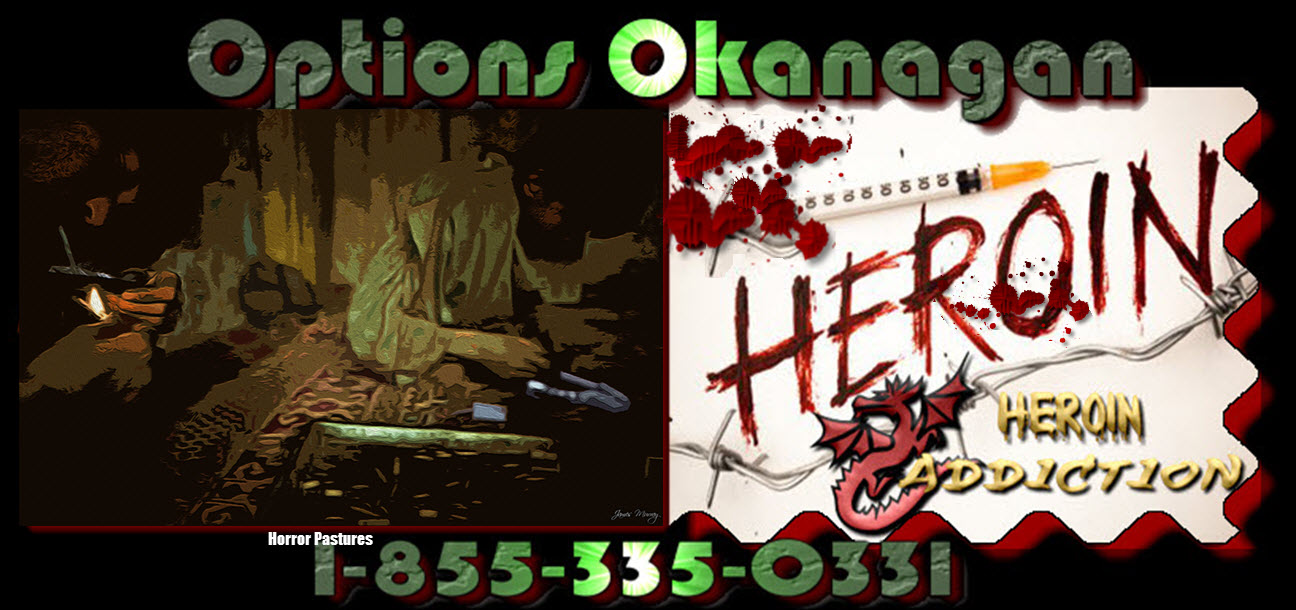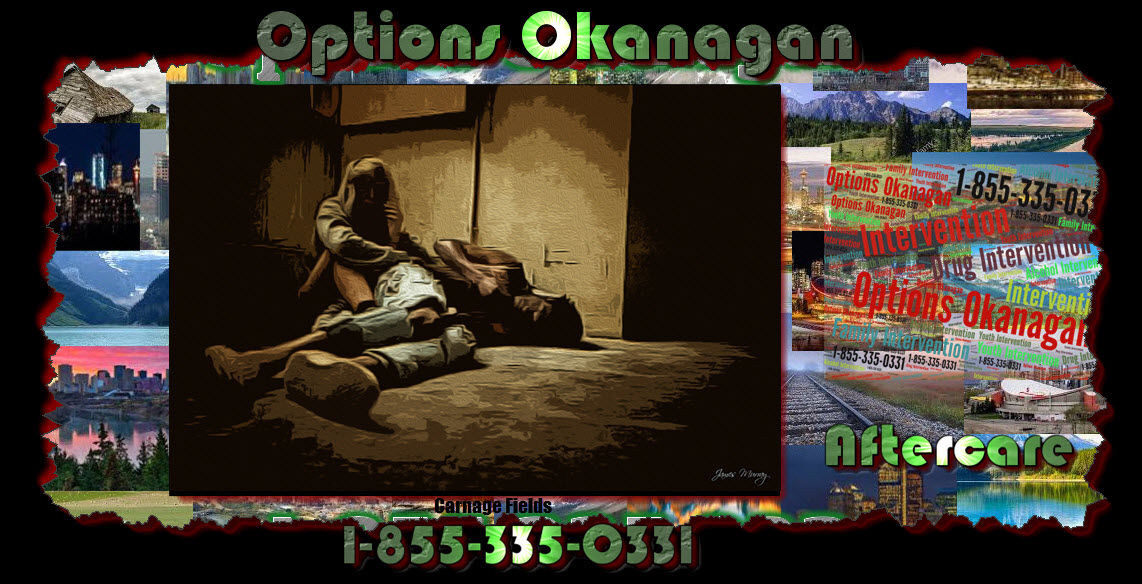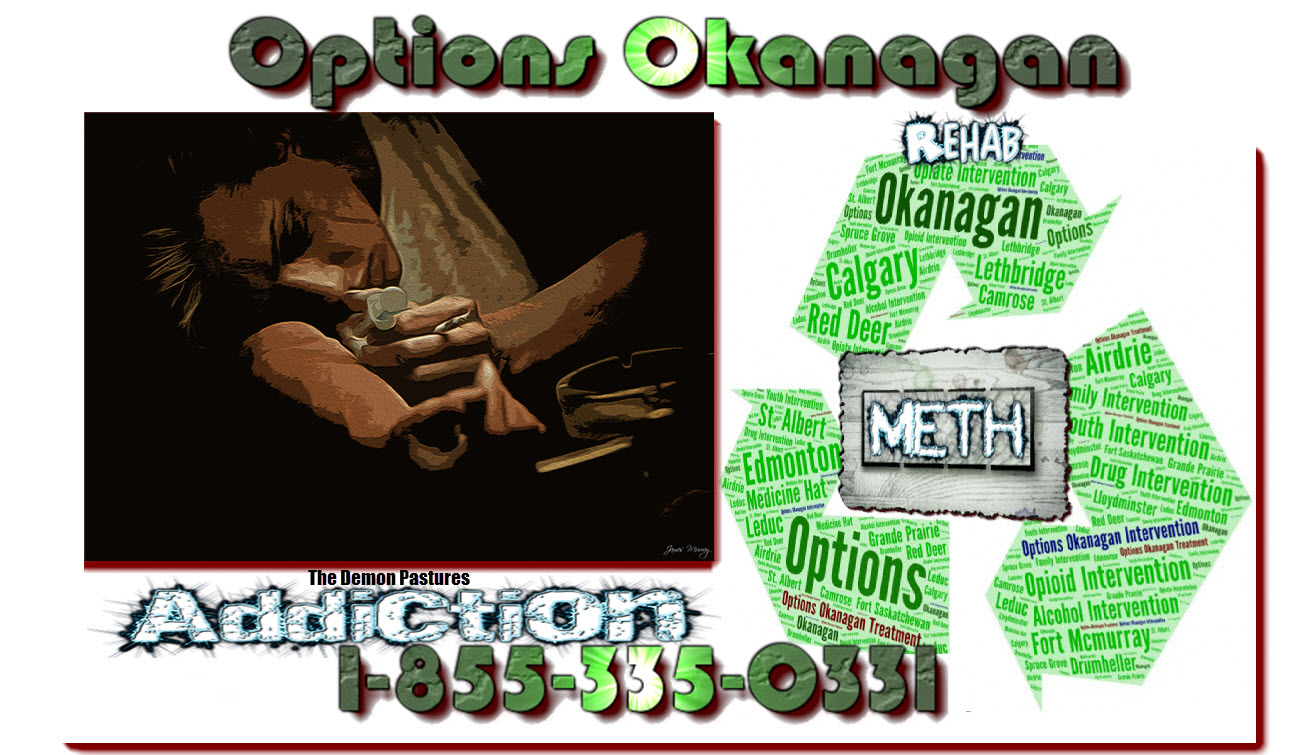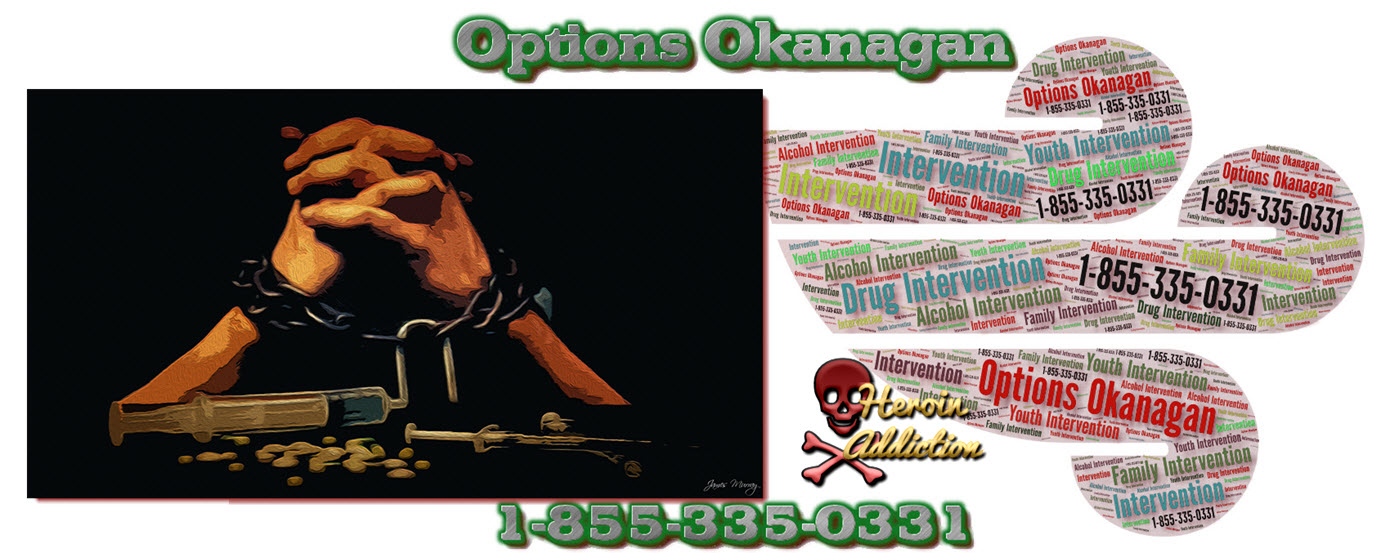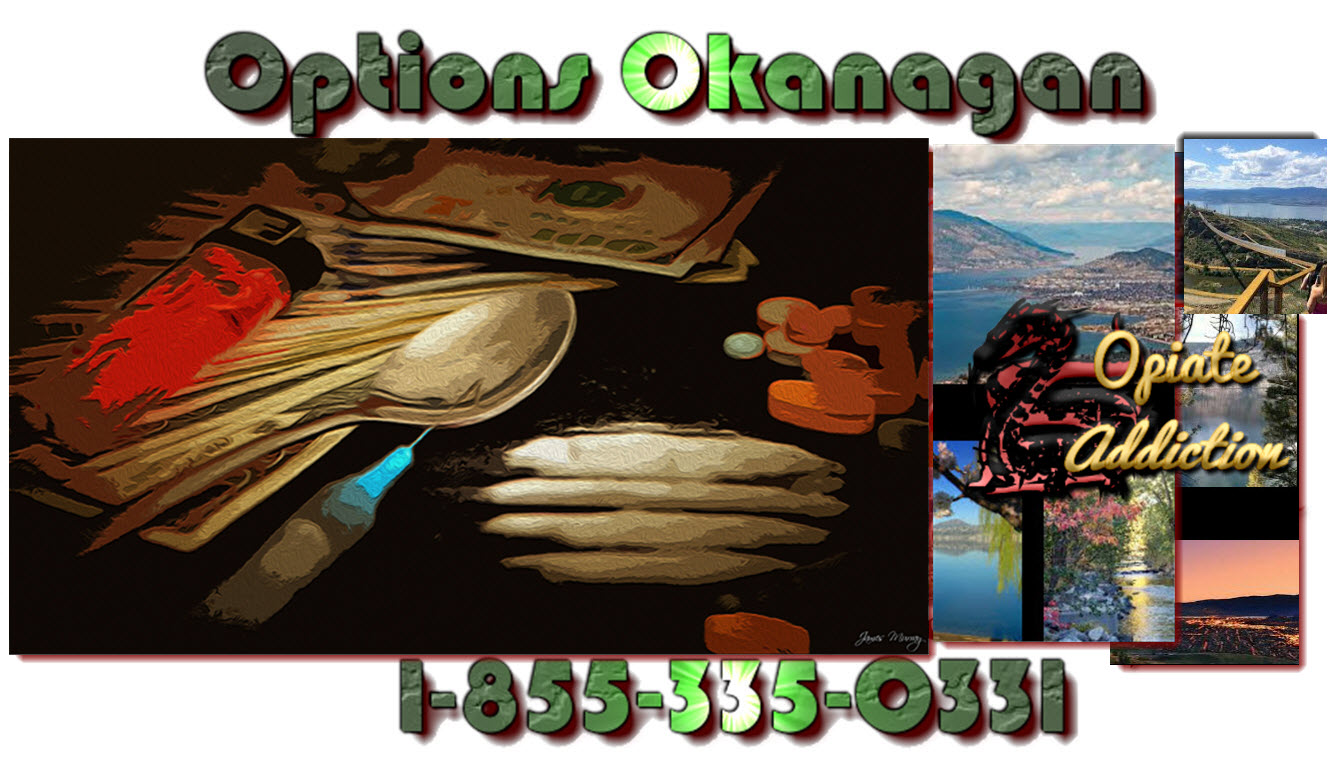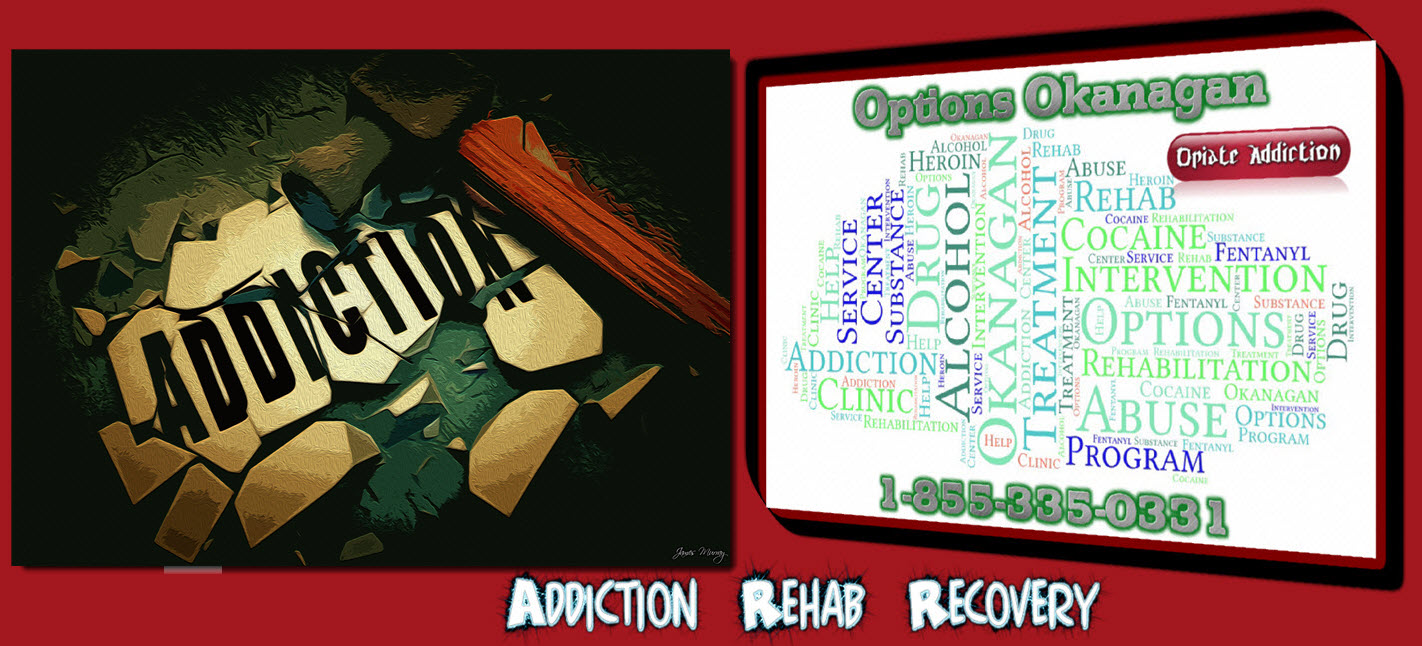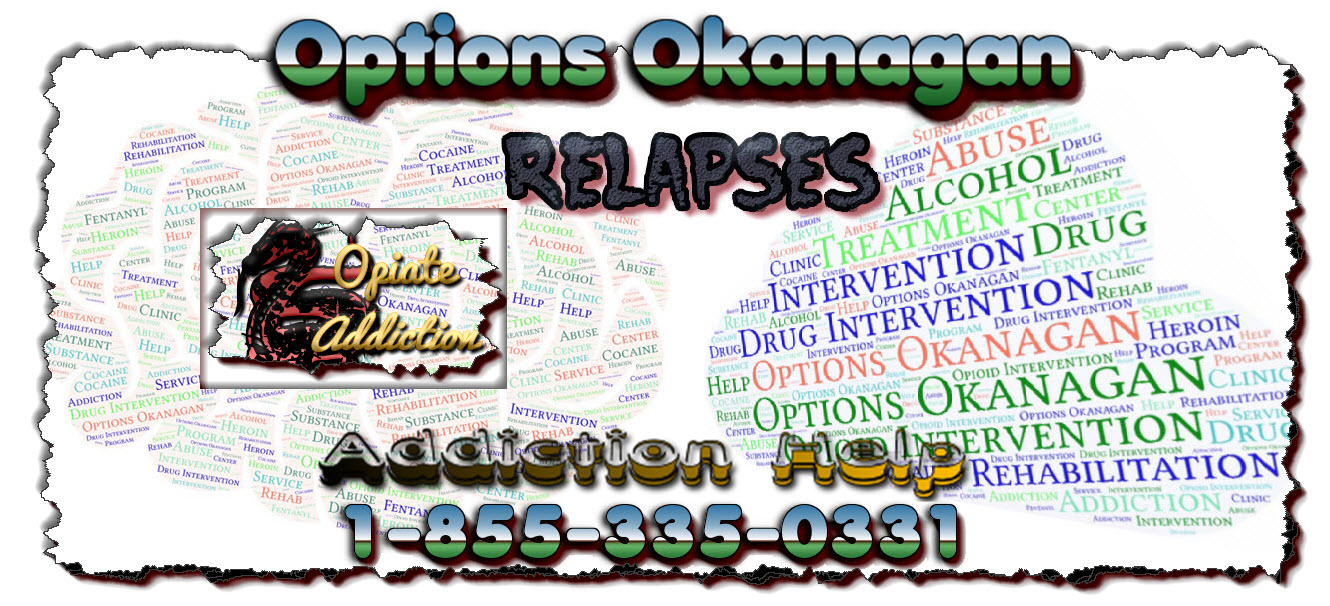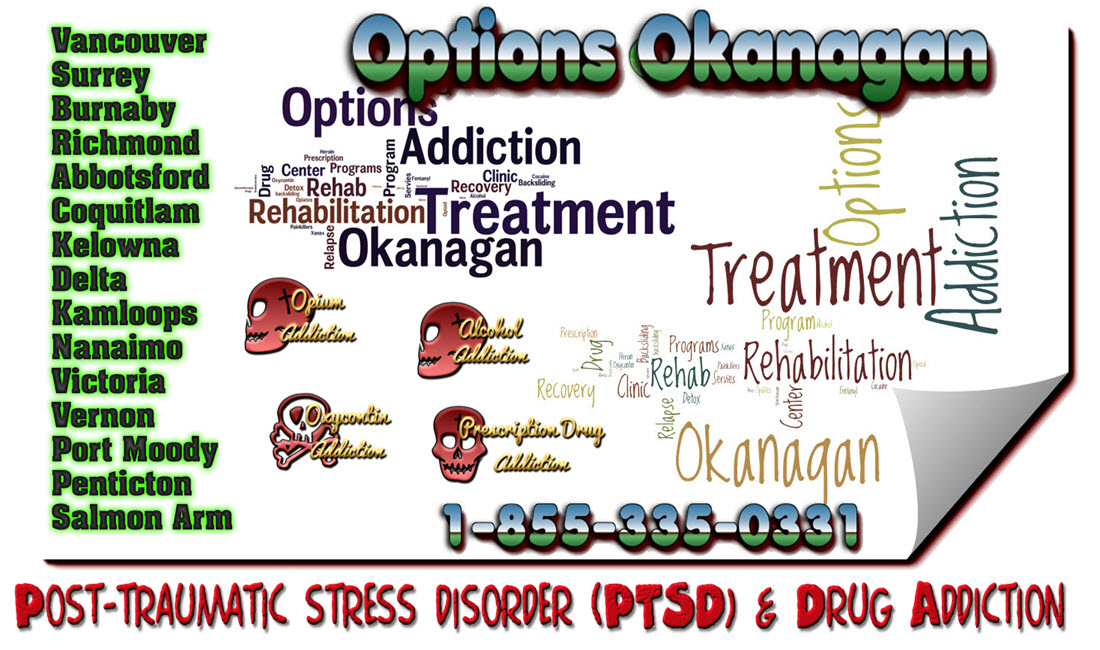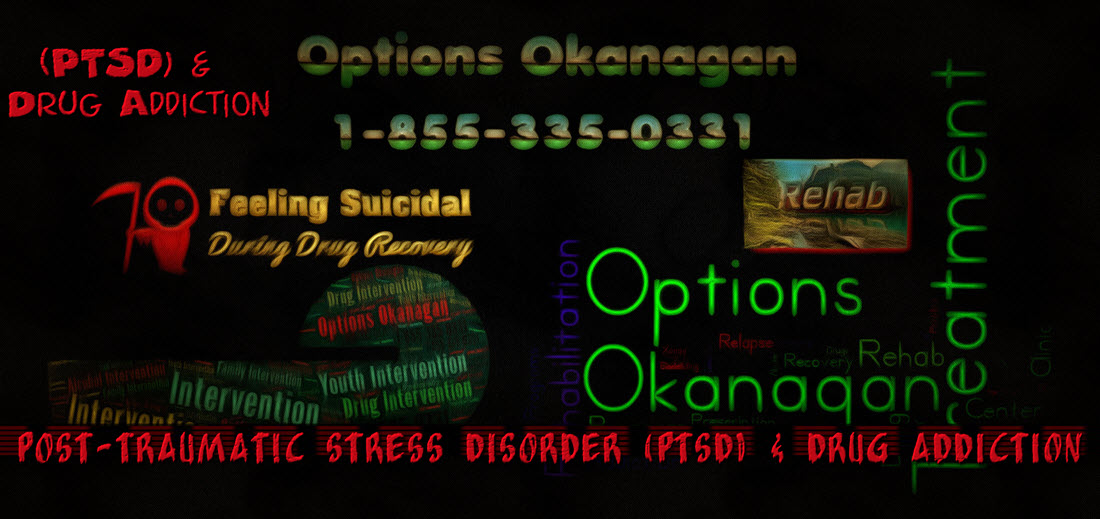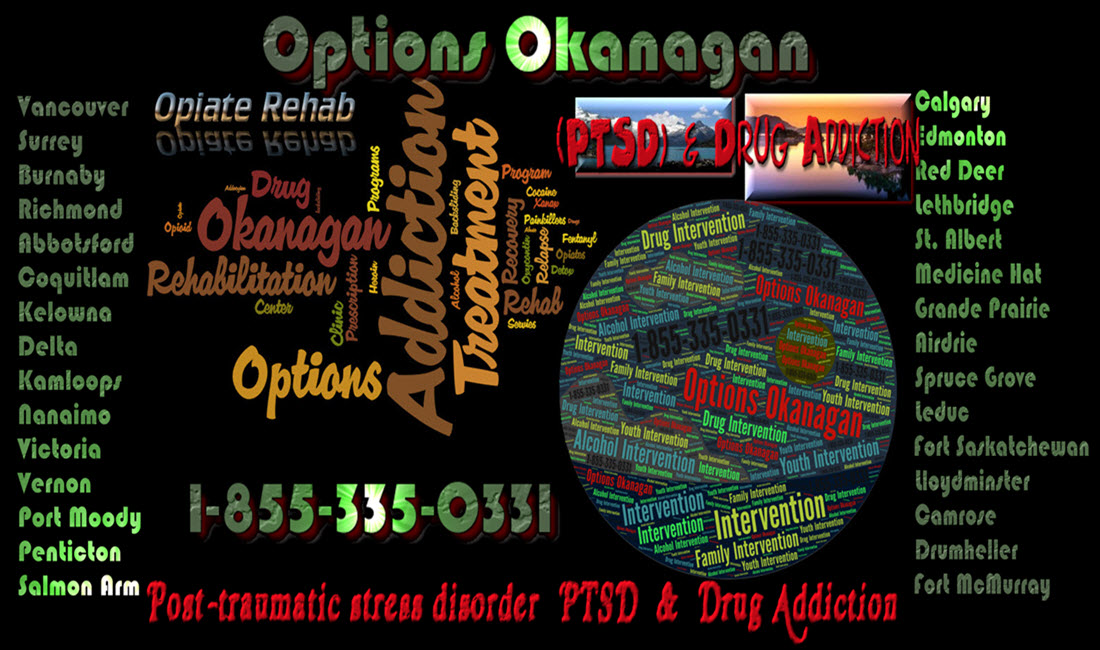When and how an individual needs to inform others about their addictions – Drug Rehab Programs for recovering addicts in British Columbia and Alberta – Options Treatment Center in Kelowna, British Columbia treating drug, opiate, fentanyl, heroin, and alcohol addiction and recovery.
Drug Rehab In Alberta And BC
Regardless of what sort of openness an individual chooses, they are most likely to run into some questions that an individual really feels are too invasive.
“An individual is at a party and is asked WHY they are not drinking and enjoying themselves?”
It is a question and concern most individuals in addiction recovery from alcohol, opiates or other drugs have actually heard coming from people in social situations at least a few times. Although not all individuals drink alcohol, it often seems like everybody is expected to in society. When an individual “says no” to a drink or a joint, it can trigger undesirable and unwanted questioning or wondering.
This is a scenario that every individual in recovery is guaranteed to come across at some point in their struggle to stay sober, so it is best to prepare in advance for these situations. When an individual has considered how they intend to explain to other individuals about their alcohol or drug addiction and their sobriety beforehand, they will be far better able to deal with or deflect the “why” questions in the future.
The Reflections On An Individual’s Comfort Levels
The initial step in determining how to explain to others about their addiction recovery is to review their basic comfort levels discussing the addiction. Some individuals would like to keep their addiction battle private, while others appreciate the support they receive from sharing achievements on social networks and with groups of individuals they know.
Both of those actions will work depending on the person; an individual in recovery simply needs to make a decision on which one is right for them. This is the moment in time to be truthful with themselves. A person may end up being an advocate and supporter for addiction recovery at some point, however, some people feel that keeping things private in early recovery is best. It will be important to talk with their sponsor or other individuals in recovery as they determine what they intend to share if anything.
Not Everyone Gets The Same Information
Think about the various individuals in a person’s life who may warrant different details on their addiction struggles and their recovery road. The individuals who are the closest, like their spouse and children who were deeply affected by their addiction behavior, so an individual should feel that the family is entitled to a lot more insight into their addiction recovery process. These people will gain knowledge of the insanity by recognizing the illness of addiction and also the recovery process that needs to take place. Talking freely and honestly with them can help the family understand an individual’s recovery and healing process.
Other individuals such as acquaintances do not require any explanations for why someone is not drinking on a social occasion. It is entirely alright to not talk about an individual’s addiction and recovery with these people in any way. Bear in mind, choosing not to talk about an individual’s addiction recovery with unfamiliar people does not suggest the person in recovery is ashamed. Besides, they likely would not talk about any other personal medical problem with somebody they hardly know either.
There are also people that an individual in recovery does not want to be especially open with, yet who were affected by their recovery. They could be an individual’s coworkers. For these individuals, attend to the issues and concerns that need to be discussed, without going into details. An individual can assure their employer that they can be trustworthy and reliable, able to do their work, without getting involved in details regarding their addiction recovery process. Having boundaries is good.
Practice Deflecting and Dispersing Addiction Questions And Concerns
Occasionally, it seems that some individuals neglect their good manners when talking about addiction and recovery. Regardless of what sort of openness or visibility an individual chooses, they are likely to run into some questions and concerns that an individual feels are too intrusive.
Consider beforehand just how to respond to these questions. “Why do you ask?” is a straightforward and respectful response that places the onus right back on the person. More than likely, they will realize and understand what they are asking, and it is none of their business, offering an individual the opportunity to change the conversation.
Check-In Over Time
Like many facets of addiction recovery, how an individual talk about their addiction and sobriety changes as time passes. As an individual achieves more recovery time and becomes more confident and positive in their sobriety, an individual will want to share more of their life with people close to them and also with people who are not close. Occasionally, individuals need to check-in with themselves and consider their comfort levels in sharing their stories.
Many individuals that manage stigmatized conditions like substance abuse problems discover it empowering to speak up or advocate for changes that can make the road to recovery easier for those in addiction who follow. Speaking out about addiction issues provides an individual the possibility to control the narrative, and also tell their story how they want it represented. After the disempowerment of living an addiction life, to feel in control again, drug-free can be a powerful drug.
Options Okanagan Opiate and Alcohol Treatment Centers in Kelowna, Salmon Arm and Vancouver, British Columbia – Men and Women are recovering and healing from Alcohol and Drug Abuse at our treatment center here in the Okanagan right now.
Our unique and distinctive Opiate Drug and Alcohol treatment program allows men and women to come in from Calgary as well as Edmonton as we offer airport pickup.
Numerous clients come to us from Vancouver, Calgary, and Edmonton and other locations in Alberta and even other provinces for Opiate addiction treatment, heroin drug treatment, many other drug and alcohol addictions for rehabilitation because of the uniqueness of our treatment center.
Our (Kelowna ) Alcohol and Drug Treatment Program Location:
(Not Mailing Address) Contact Us – Web Page
For Mail Delivery :: Please contact each center for correct mailing addresses, also this location is the location of our residential treatment programs in Kelowna. Please call Toll Free 1-855-335-0331 to contact the treatment center you are going to for the address and directions.
Options Okanagan Drug and Opiate Treatment Center
551 Sherrydale Crescent, Kelowna, British Columbia, V1V 2E6
Toll-Free Phone Number: 1-855-335-0331





